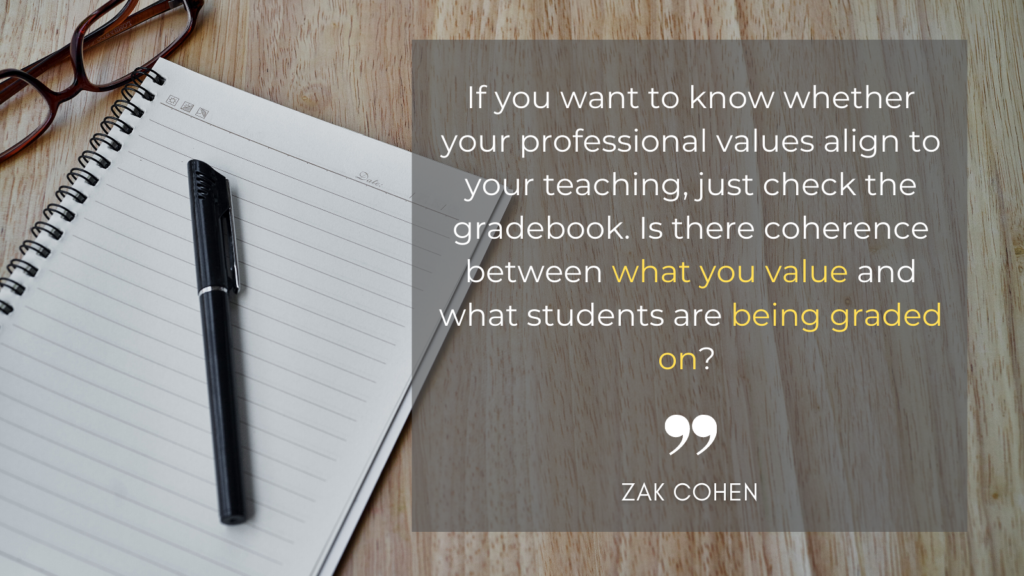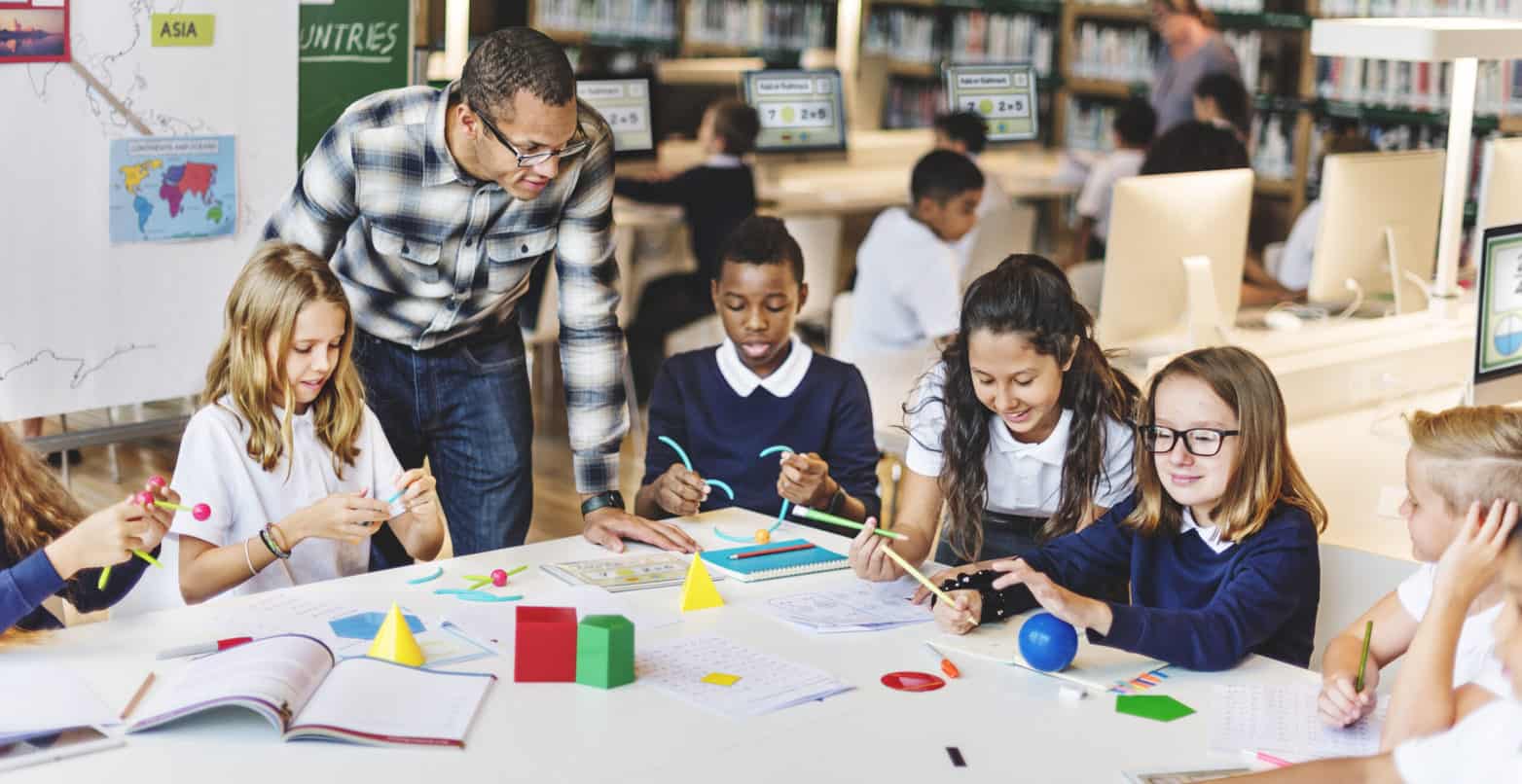What if I told you that the aptitude of a pigeon has actually shaped our education system?
In 1963, Herbert S. Terrace conducted a study on errorless discrimination learning in pigeons. The study found that “pigeons could be taught to discriminatively peck a red circle as opposed to a green circle.” In other words, the study found that pigeons could learn to perform in an errorless manner. This finding, in association with the macro-trends of the times, conspired to lead education towards an errorless model of teaching – the thinking being that if a bird can learn to eliminate mistakes, a child should be able to do the same. And, there’s some logic to this rhetorical leap. I mean, with the exception of flying, I’d like to think that my students have a greater learning aptitude than a bird. And yet, this unexamined logic has served to hold back American education.
Across several interviews and op-eds, Sal Khan, founder of Khan Academy, has argued that the US education system should “more nearly reflect the values and culture that have made the US the capital of innovation in the world…[through] a culture of risk-taking and of de-stigmatizing failure.” George Kembel, Executive Director, Stanford Institute of Design’s d.school, builds on this sentiment by concisely articulating why de-stigmatizing failure matters: “When we close ourselves off to mistakes, we close ourselves off to learning.”
This is because mistakes are the atomic unit of learning. Without mistakes, future learning would cease. Mistakes illuminate the horizons of one’s knowledge and lend a meaningful sense of the discrepancy between what is known and what is left to be known. Mistakes sharpen students’ self-monitoring, judgements, and skills, and “stimulate questioning about why their performance was not correct, which then promotes rethinking learning strategies.” Mistakes aren’t merely instructive; they are the keyhole that offers us an honest glimpse into the unique nature of a mechanism as complex as learning.
The trouble, though, as Sal Khan noted, is that our education system’s reluctance to engage with errorful learning is actively preventing students from realizing their future.
Future-Ready Learners Learn from Mistakes
In five years, current 5th graders will be ready for their first summer jobs. Some of these students will scoop ice cream, some will bag groceries, and others will babysit. But, these will not be the only jobs available. In five years, students will have a choice between their first retail job taking place in a brick-and-mortar location or in the metaverse. Students will have a choice to work as an intern in an art studio, or to sell their art via NFTs.
In an age widely defined by scope and speed of change, one thing is for sure: people will make mistakes. What is uncertain is whether people will learn from them. For our students to navigate the emerging future, they will need to possess the willingness and know-how to make, and learn from, their mistakes.
What Can You Do?
Moving education from where it is to where it ought to be is a big undertaking – an undertaking too big for any one person reading this blog post. So, let’s zoom in a bit. Rather than focus on the systemic and inequitable currents that have shaped American education, let’s take a look at our own classroom practices. Let’s focus in on those things that are within our control so that we can best serve our students by cultivating a learning environment wherein making mistakes isn’t just tolerated, it’s celebrated,
Making changes to our classroom practice isn’t simple. It’s risky and vulnerable to venture beyond what we’re familiar with. You might be reading this blog post and nodding along because you agree that it’s important for students to learn from their mistakes. But, do you know where to start?
If You Want to Know Where to Start, Check Your Gradebook
There’s an old saying that goes, “You can tell what’s important to someone by looking at their checkbook.” I know from personal experience how true this is. If you checked my credit card statements, you’d find evidence of what I value. Specifically, you’d find that I value charity and convenience. You’d see donations being made to organizations like the ADL, in addition to far too many receipts from DoorDash. I can swear up and down that I’m a certain person who espouses certain values, but at the end of the day, my checkbook doesn’t lie.
In the classroom, neither does your gradebook. If you want to know whether your professional values align to your teaching, just check the gradebook. Is there coherence between what you value and what students are being graded on?
We can tell students that they should be open to making mistakes, but our gradebooks might reveal that we reward them for performing in an errorless manner.

If you’re like me, you believe that mistakes provide students with an opportunity to learn. Does your gradebook agree? If you check your gradebook and find that it doesn’t, don’t panic. In fact, you should celebrate this finding! By identifying this existing incoherence, you’ve elucidated the first step on your journey in creating a classroom culture wherein learning from mistakes isn’t haphazard but is an intentional byproduct of your instructional choices.
Individual Action Plan
Having audited your gradebook, you’ll now want to develop an individual action plan. Good luck. And, remember that any journey worthwhile is going to be riddled with mistakes. The only question now is whether you will learn from them.
Click here to access the individual action plan.
















